The Forms of Civil Government (Locke, Pt. 4)
Part Four of our series on John Locke, part of a larger series Foundations of Western Political Thought. In this video we examine Locke's views on the various forms of civil government, particularly the Legislative power and the Executive power. Of the institutions of civil government, the Legislative power is supreme, however, Locke emphasizes that the Legislative is ultimately subordinate to the People, who retain certain unalienable rights.
Timecodes:
0:00 - Intro
0:54 – What is Freedom?
2:14 – Separation of Powers
3:43 – The Legislative Power and its Limitations
9:10 – No Taxation Without Representation
15:22 – The People are Supreme
20:46 – The Chain of Power and Authority
22:59 – The Executive Power
28:56 – The Legislative and Executive Powers Must Be Separated!
32:20 – What is Tyranny?
35:34 – Unalienable Rights
_______________________________________
If enjoy this channel and would like to support:
https://patreon.com/professorbarth
Follow me on X:
https://twitter.com/Professor_Barth
Buy my book! The Currency of Empire: Money and Power in English America, released June 2021 with Cornell University Press. Order your copy now.
https://www.amazon.com/Currency-Empire-Seventeenth-Century-English-America/dp/1501755773/ref=tmm_pap_swatch_0?_encoding=UTF8&qid=1611158577&sr=8-1
_______________________________________
Dr. Jonathan Barth received his PhD in History from George Mason University in 2014. He specializes in the history of money and banking in the early modern period, with corollary interests in early modern politics, empire, culture, and ideas. Barth is Associate Professor of History at Arizona State University and Associate Director of the Center for American Institutions at Arizona State University.
_______________________________________
Visit my website https://www.professorbarth.com/
_______________________________________
Disclaimer: The views and opinions expressed on this channel are my own and do not reflect the views of Arizona State University, nor are any of the views endorsed by Arizona State University.
-
 33:44
33:44
Professor Barth
1 month agoFrom Nature to War to Civil Government (Locke, Pt. 3)
91 -
 35:43
35:43
Professor Barth
1 month agoJohn Locke: Liberal Champion of Natural Rights (Locke, Pt. 1)
131 -
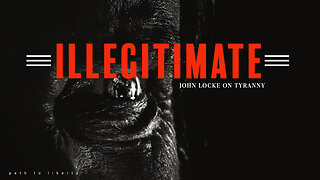 16:13
16:13
Tenth Amendment Center
1 year agoIllegitimate Government: John Locke on Tyranny
46 -
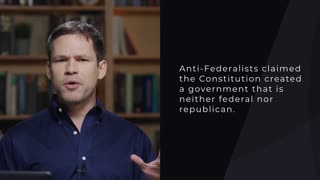 12:30
12:30
Clearview
4 months agoTHE FEDERALIST PAPERS EXPLAINED (AP US GOVERNMENT AMD POLITICS)
1.64K -
 10:35
10:35
papagiorgio200
1 year agoThe American Form Of Government
117 -
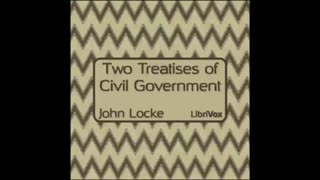 11:04:22
11:04:22
Audiobook Heaven
2 months agoTwo Treatises of Civil Government by John Locke FULL AUDIOBOOK
217 -
 1:23:41
1:23:41
Legal Layman
1 year agoThe Federalist Papers Part 3
199 -
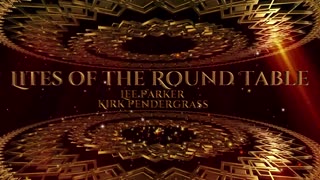 1:17:16
1:17:16
LitesOfTheRoundTableTV
1 year agoSovereignty: First Principles
598 -
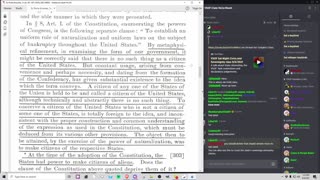 56:20
56:20
Vocational Science of Freedom
6 months ago🔵State Citizenship - Ex-parte Knowles and VSOF Task Committees. 2021-09-04
9312 -
 2:48
2:48
DavidEagle
1 month ago"Lockean Legacy: How John Locke Shaped America's Founding Fathers
28